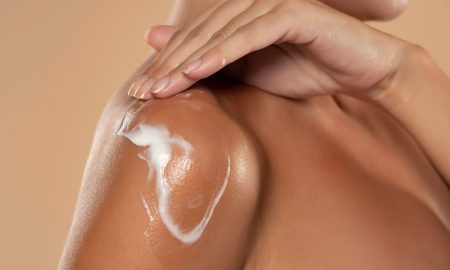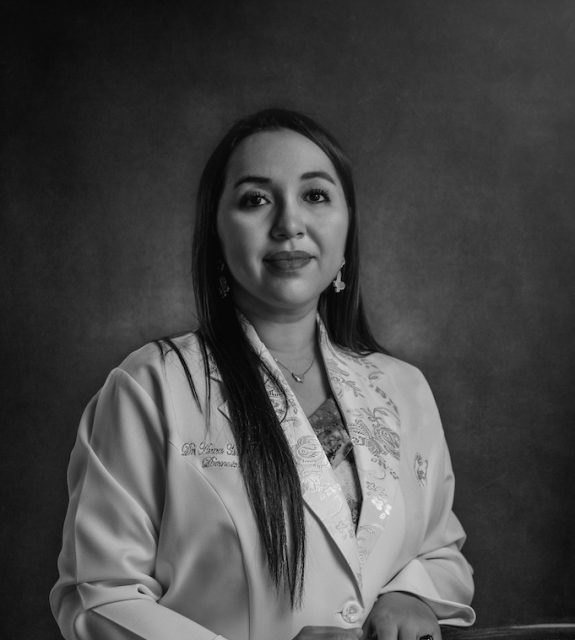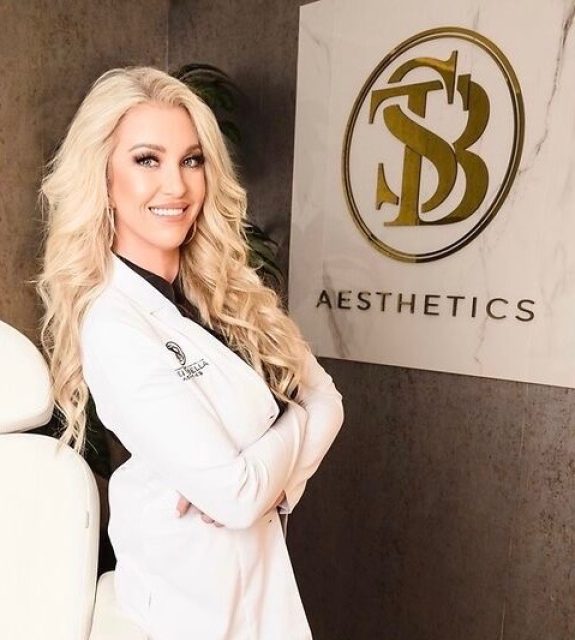Bad breath—it's the ultimate conversation killer. Whether you're on a date, in a meeting, or just catching up with friends, no one wants to be known as the person with dragon breath. The good news? Fresh breath is totally within your control! Here’s everything you need to know about what causes bad breath and, more importantly, how to fix it.
 Photo Credit: PeopleImages.com - Yuri A/Shutterstock
Photo Credit: PeopleImages.com - Yuri A/Shutterstock
The Usual Suspects: What Causes Bad Breath?
Bad breath, also known as halitosis, isn’t just about forgetting to brush your teeth. Some of the biggest culprits include:
- Dehydration – A dry mouth is a breeding ground for bad breath bacteria. Stay hydrated!
- Bacteria Buildup – Certain bacteria in your mouth produce foul-smelling sulfur compounds.
- Gum Disease – If you’re skipping dental cleanings, plaque and bacteria accumulate, leading to a not-so-fresh scent.
- Sleep Apnea – Mouth breathing at night dries out your mouth, creating an ideal environment for odor-causing bacteria.
- Acid Reflux – Stomach acids creeping up into the esophagus can create an unpleasant taste and smell.
Your Diet: What You Eat = How You Smell
Ever wonder why garlic breath lingers for hours? Some foods are just bad news for your breath. Here’s what to avoid (or at least consume in moderation):
- Garlic & Onions – Delicious, but they contain sulfur compounds that stick around long after your meal.
- Dairy – If you don’t scrape your tongue after consuming dairy, the proteins can feed bacteria, leading to bad breath.
- Alcohol & Coffee – These dry out your mouth, allowing bacteria to thrive.
- Energy Drinks – Red Bull and similar drinks contribute to dehydration and acid buildup.
Bad Habits That Make It Worse
Certain lifestyle choices can also make bad breath worse:
- Smoking – Not only does it dry out your mouth, but it also leaves behind a stubborn, unpleasant odor.
- Skipping Tongue Scraping – Bacteria love to hide on your tongue. Scrape it daily for fresher breath.
- Infrequent Dental Cleanings – Seeing your dentist every three months helps keep bacteria in check.
When Bad Breath Means Something More
Sometimes, bad breath isn’t just about what you ate—it could be a sign of an underlying medical issue. If you’re experiencing persistent halitosis, you might want to check for:
- Gastrointestinal Issues (like IBS or acid reflux)
- Chronic Sinus Infections
- Diabetes
- Sleep Apnea (leading to dry mouth and bad breath)
If you suspect something more serious, schedule an appointment with your doctor or dentist.
The Fresh Breath Fix: What Actually Works?
Forget masking bad breath with mouthwash—go for long-term solutions! Here’s how to keep your breath consistently fresh:
- Hydrate – Drinking plenty of water helps wash away bacteria.
- Swap Mouthwash for Probiotics – Mouthwash kills both good and bad bacteria. Instead, try a probiotic supplement like ProDentis to balance your oral microbiome.
- Brush and Floss Daily – Twice a day is the magic number!
- Scrape Your Tongue – Every morning, get rid of the bacteria that built up overnight.
- Eat Probiotic-Rich Foods – Yogurt, kimchi, and kefir help promote good bacteria in your mouth and gut.
- Check Your Breath Daily – A quick self-test ensures you’re always at your freshest.
Good oral hygiene isn’t just about a dazzling smile—it’s about confidence. By taking simple steps to prevent and eliminate bad breath, you can make sure your breath is as fresh as your personality. So, drink up, scrape that tongue, and never be caught off guard again!
Reach out to Dr. Nammy Patel at Green Dentistry to learn more about how holistic dental care can keep your mouth healthy and your breath fresh.
For more information, visit Green Dentistry's social media:






















